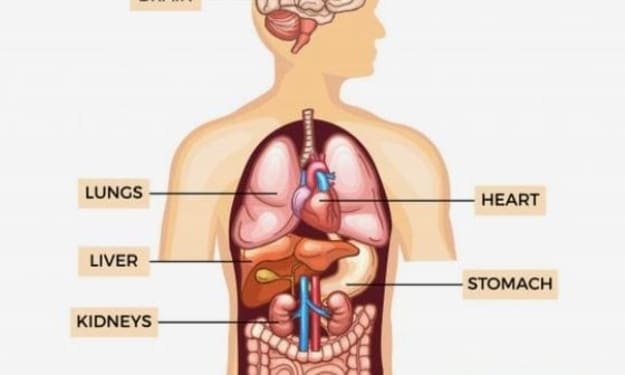
ntroduction:
Medical sciences is an extensive and multidisciplinary field that encompasses various scientific and clinical disciplines. It deals with the study of the human body and its various systems, diseases, and treatments. The field of medical sciences has evolved significantly over the years, leading to significant advances in medical research, diagnosis, and treatment of various diseases. This essay aims to provide an in-depth analysis of medical sciences, its history, and how it has contributed to the advancement of modern medicine.
History of Medical Sciences:
Medical sciences have been in existence since ancient times, with the earliest evidence of medical practice dating back to the ancient Egyptian civilization. The Greeks also made significant contributions to medical sciences, with figures such as Hippocrates, who is regarded as the father of modern medicine, advocating for the importance of observation, diagnosis, and treatment. The Romans also made contributions to medical sciences through their public health policies and medical institutions.
During the medieval period, medical sciences were dominated by Islamic scholars who made significant advances in anatomy, physiology, pharmacology, and surgery. The Renaissance period saw a significant shift in medical sciences, with the emergence of human anatomy and dissection. This period also saw the development of medical institutions and the establishment of medical schools, which led to the professionalization of medical practice.
The 19th and 20th centuries witnessed significant advances in medical sciences, with the discovery of germ theory, the development of vaccines, and the emergence of modern surgery. The development of antibiotics in the 20th century also marked a significant milestone in medical sciences, leading to the successful treatment of bacterial infections.
Disciplines in Medical Sciences:
Medical sciences encompass various scientific and clinical disciplines, including anatomy, physiology, pharmacology, microbiology, immunology, genetics, biochemistry, pathology, and clinical medicine. Each of these disciplines plays a crucial role in the understanding of the human body and the diagnosis and treatment of diseases.
Anatomy is the study of the structure of the human body, including its organs, tissues, and cells. Physiology is the study of the function of the human body, including its various systems such as the nervous system, cardiovascular system, and respiratory system. Pharmacology is the study of drugs and their effects on the human body.
Microbiology is the study of microorganisms, including bacteria, viruses, and fungi, and their role in causing diseases. Immunology is the study of the immune system and its response to pathogens and foreign substances. Genetics is the study of genes and their role in determining inherited traits and diseases.
Biochemistry is the study of the chemical processes that occur in living organisms, including the metabolism of nutrients and the synthesis of molecules. Pathology is the study of diseases and their causes, including the examination of tissues and organs to determine the nature and extent of the disease. Clinical medicine is the application of medical knowledge and principles to the diagnosis and treatment of diseases in patients.
Contribution of Medical Sciences to Modern Medicine:
Medical sciences have contributed significantly to the advancement of modern medicine through the development of new drugs and therapies, the understanding of disease mechanisms, and the improvement of public health. Medical research has led to significant breakthroughs in the diagnosis and treatment of various diseases, including cancer, cardiovascular disease, infectious diseases, and genetic disorders.
The discovery of antibiotics, vaccines, and antiretroviral drugs has transformed the treatment of bacterial infections, viral diseases, and HIV/AIDS. The development of new surgical techniques and medical devices has also revolutionized the treatment of various conditions, including heart disease, cancer, and neurological disorders.
Medical sciences have also contributed to the understanding of disease mechanisms, leading to the identification of new targets for drug development. The study of genetics has led to the development of personalized medicine, where treatments are tailored to an individual's genetic makeup. The study of immunology has led to the development
About the Creator
Muhammad Farman
..Hey. I'm Muhammad Farman and I upload my ideas on vocal media my ideas are based on stories, biography, Health diseases, education






Comments
There are no comments for this story
Be the first to respond and start the conversation.